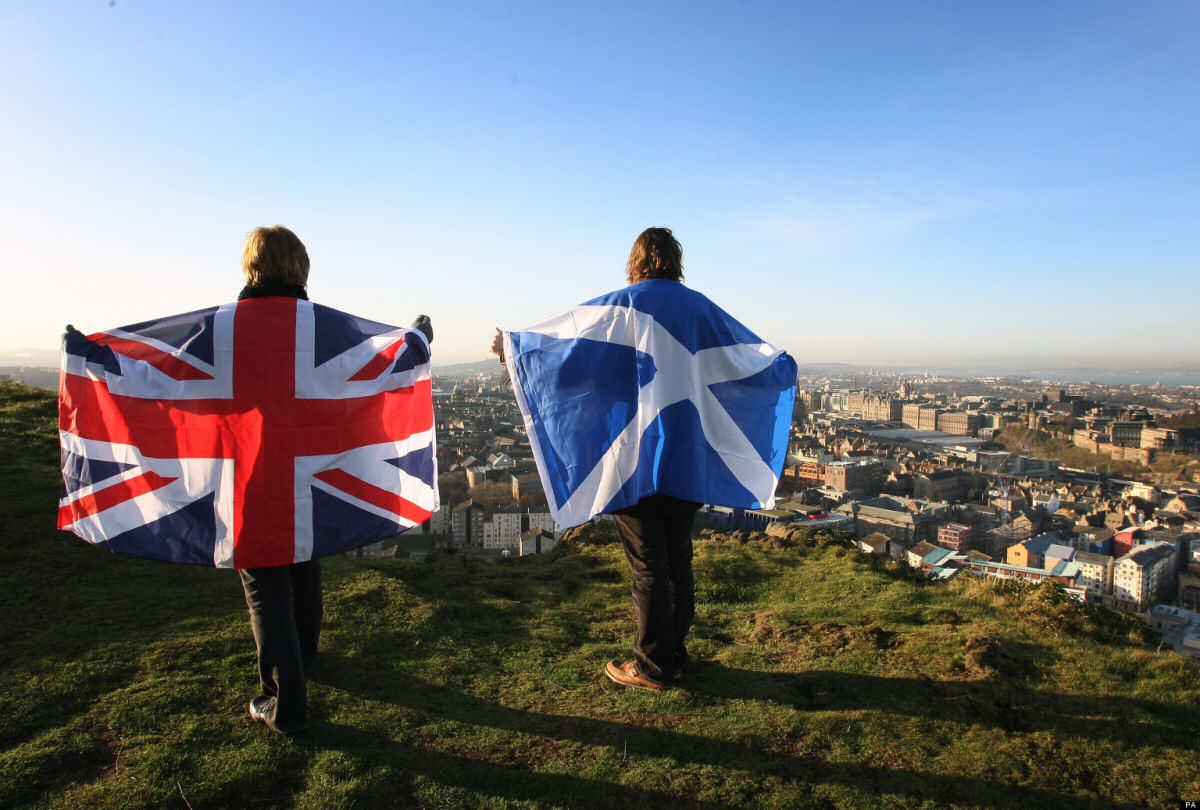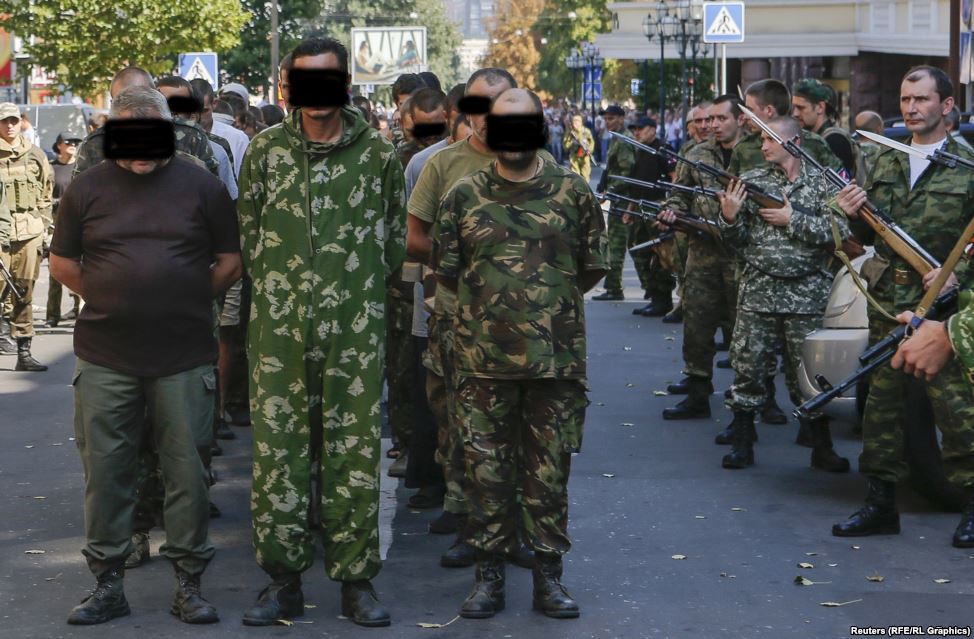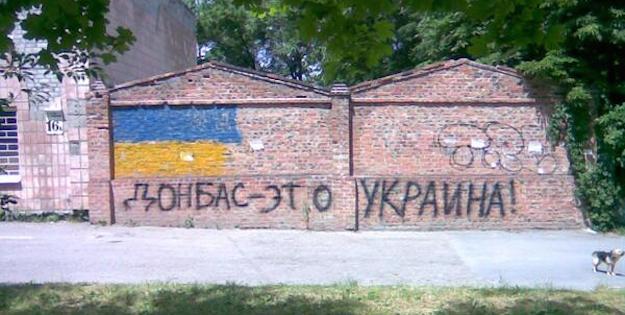Perhaps nowhere in the world was the desire for Scottish independence as strong as it was in Russia. And with about two weeks to go before the day of the referendum, Kremlin hopes appeared to have gained ground. One survey revealed that the number of pro-independence Scottish voters had exceeded the number of opponents. This provoked serious concern in the United Kingdom and throughout Europe: British politicians landed in Scotland to convince the Scots that they should not abandon London.
However, the results of the referendum showed the same 10-percentage point gap in favor of those opposing independence that polls had suggested in July. It is possible that the one survey that caused panic ultimately played into the hands of supporters of the country's unity. Their clear advantage in previous polls was threatened by the fact that many of them, confident of victory, would simply not go to the polls - and advocates of secession could then win (or lose by only a small margin) due to their relatively higher turnout.
Moscow wants Scottish independence for strategic reasons - in the hope of weakening NATO and the European Union. After all, if Scotland had seceded from the United Kingdom, its automatic membership in these structures would not have been guaranteed. And an opportunity would have arisen for the Kremlin to play for the non-alignment or neutrality of Scotland. But even if an independent Scotland had been successfully absorbed into the EU and NATO, it would have complicated the structure of these organizations even further, and would have made them even less manageable.
The behavior of the European Union and the states of the North Atlantic Alliance in the current Ukrainian crisis demonstrates the difficulties of consensus decision-making. It seems that the number of members in both organizations has reached a critical level, and this casts doubt on the possibility of their effective functioning. And, of course, it would have been nice for Putin to have weakened the most powerful NATO country after the United States, depriving it of a large part of the energy reserves of the North Sea, as well as important military bases.
Apparently, the promotion of separatism in NATO countries will now become one of the pillars of Kremlin strategy. And the next promotional campaign will revolve around a referendum on independence in Catalonia. And then, perhaps, comes the turn of Flanders, Quebec or northern Italy.
But Moscow’s campaign in connection with the referendum on Scottish independence pursued tactical goals. The Scottish plebiscite, especially in the event of a pro-independence victory, was designed to legitimize the Crimean referendum, as well as the absolutely farcical votes in the Donetsk and Luhansk regions. For Putin, it was important to give the impression that redrawing borders in Europe by means of referendums has returned to daily business, and the Crimea and Donbas referendums are no less free and democratic than the Scottish one.
When the supporters of Scottish independence lost, one State Duma deputy from the Fair Russia party said that the referendum in the Crimea was more honest than the Scottish referendum, since the latter referendum had been affected by power outages in some areas - but in the Crimea lights did not go off!
Other Russian observers also lamented the fact that the Scottish referendum "does not meet international standards," as counting of votes was carried out in rooms that were “too spacious.” The champions of democracy from the "Donetsk People's Republic" did not rule out that the UK authorities “falsified the results of this referendum”, because “the difference between those who voted in favor of independence and against it was not very much.” Accordingly, a few percentage points could have been “tacked on” in favor of “preserving the unity of the UK."
What can one say? During the Crimean referendum the lights were not turned off. And massive ballot box stuffing was not applied to falsify the result. And the ballots themselves were not really counted, as predetermined results were made immediately in the protocols of election commissions. Therefore, we will never know the percentage of Crimean voters, and how they voted in the Crimean referendum. At the Donbas referendums, it seemed that even protocols of election commissions were not falsified, but they simply declared blatantly farcical results, as only a minority of the population had indeed voted.
Meanwhile, the example of Scotland once again demonstrates the whole farce of both Crimean and Donbas referendums. In the UK, a referendum was announced with the consent of the British Government and Parliament, both British and Scottish authorities were involved in its organization, and both supporters and opponents of independence were equally represented in the election commissions.
In this case, both sides were in no measure limited in campaigning and no statements about possible falsification of voting results were made. Of course, any unbiased observer, even using only the pro-Kremlin media announcements, would not have seen anything similar in the organization and carrying out of the Crimean referendum; once again proving its complete lack of legitimacy. Thus Russian propaganda, as the saying goes, should think twice before throwing stones at the Scottish referendum if it is the one living in the greenhouse.





